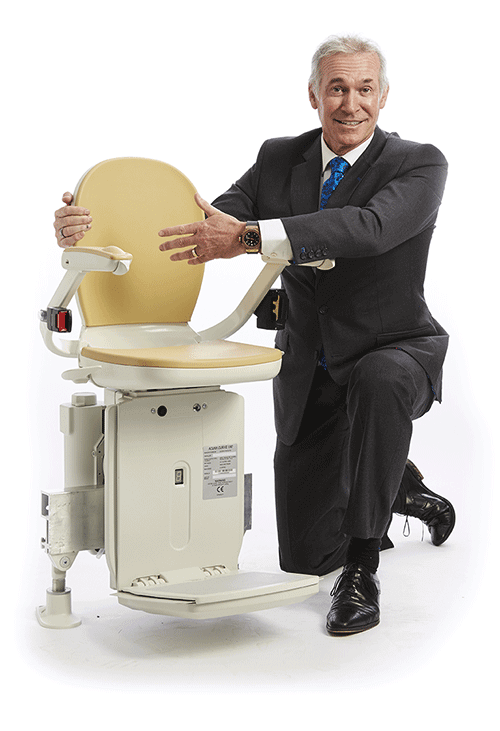
Sometimes, life throws unexpected curves your way. When unexpected changes happen, especially when it comes to your mobility or health, it can be challenging. Thankfully with today's modern research and technology, there are many options for individuals to improve their freedom inside and outside the home. These innovations have allowed people living with a disability or other difficulties to live more accessible and independent lives.
Assistive technologies in any household have the chance to be indeed impactful and add to someone's quality of life. With the use of some of these aids can come some negative stereotypes associated with them. Altering the negative connotations that may come with utilizing home aids begins at home and can change how we all associate them.
The term stigma can be defined as a perception that may be negative about specific attributes a person or a group of people have. Along with stigmas typically come social perceptions or penalties. There is a significant stigma against people living with disabilities, the issues associated, and how others perceive them in the world. Disability and those impacted by it are so much more than just a label or generalized perception. The World Health Organization says there could be at least a billion people living with a disability worldwide, but also that "disability is part of the human condition." While archaic thinking of some of the world may be hard to accept, embracing the difference and taking a positive spin can transform the lives of the world as a whole.
Installing safety rails, ramps, or using hearing aids are all examples of assistive devices that can allow people to live more accessible lives. Mobility aids can be incredibly positive, impacting the lives of people, especially in their own homes. Stairlifts or chairlifts are an excellent addition to anyone in need of more freedom in their household. Some outside observers may not see the need for something like this but in truth, having the ability to use stairs and move without the fear of falling has a dramatic impact on lives. Stairlifts can be a precious asset to increase a users' stability and create protection from stairs.
Taking some time to speak about home assistive devices and how they truly help can be highly beneficial to changing their stigma. If you or someone you love is struggling at home, societal pressures shouldn't deter you from creating a better life. Dismantling the shame surrounding using aids like stairlifts can have a meaningful impact on accessibility for all. When you break barriers, individuals will increase their capabilities and get the assistance they truly deserve.
Check out a few helpful tips to encourage those around you considering home assistive devices:
By using person-first language, you can be more focused on the person. When referencing an individual living with a disability, talk about them first as their disability does not define them. For example, you can say "the person is hard of hearing" or "the person utilizes a walking aid."
Keep a positive attitude when speaking about serious manners. You can be positive by supporting and speaking up when making choices about someone's health and wellbeing.
Open yourself up to new people and new experiences. It is incredible how your perspective can shift on things if you take the time to see them. To gain a more optimistic view by surrounding yourself with people from different backgrounds.
Join a support group. There are groups for just about anything; disabilities are no exception. You may benefit from talking with like individuals. Check with a doctor or look online to find a group nearest you.
Here at Acorn Stairlifts, we understand that deciding to add a home aid to your home may not be an easy one. Luckily, we are here with 24/7 support to make the decision that much easier. We understand the importance of your wellbeing and safety; we are here to help.
Sources:
Parette, Phil & Scherer, Marcia. (2004). Assistive technology use and stigma. Education and Training in Developmental Disabilities. 39. 217-226.
World Health Organization. World Report on Disability. Available online: http://www.who.int/disabilities/ world_report/2011/en/

